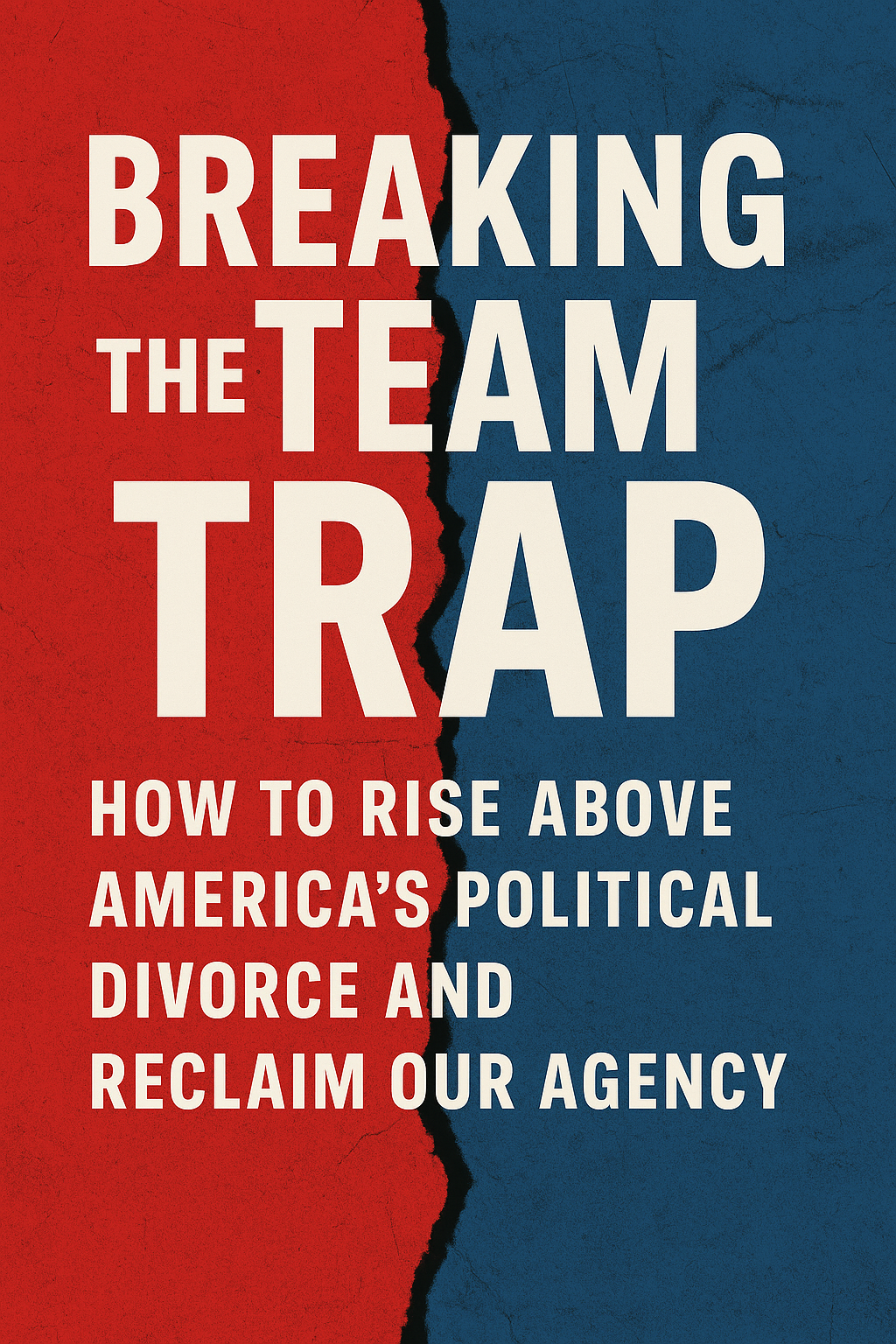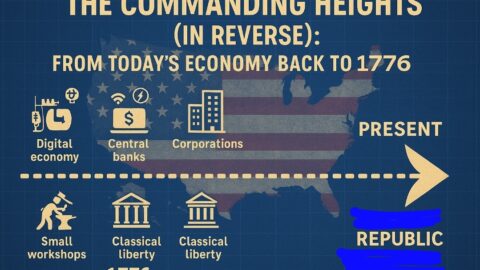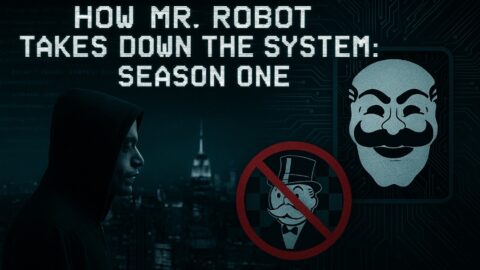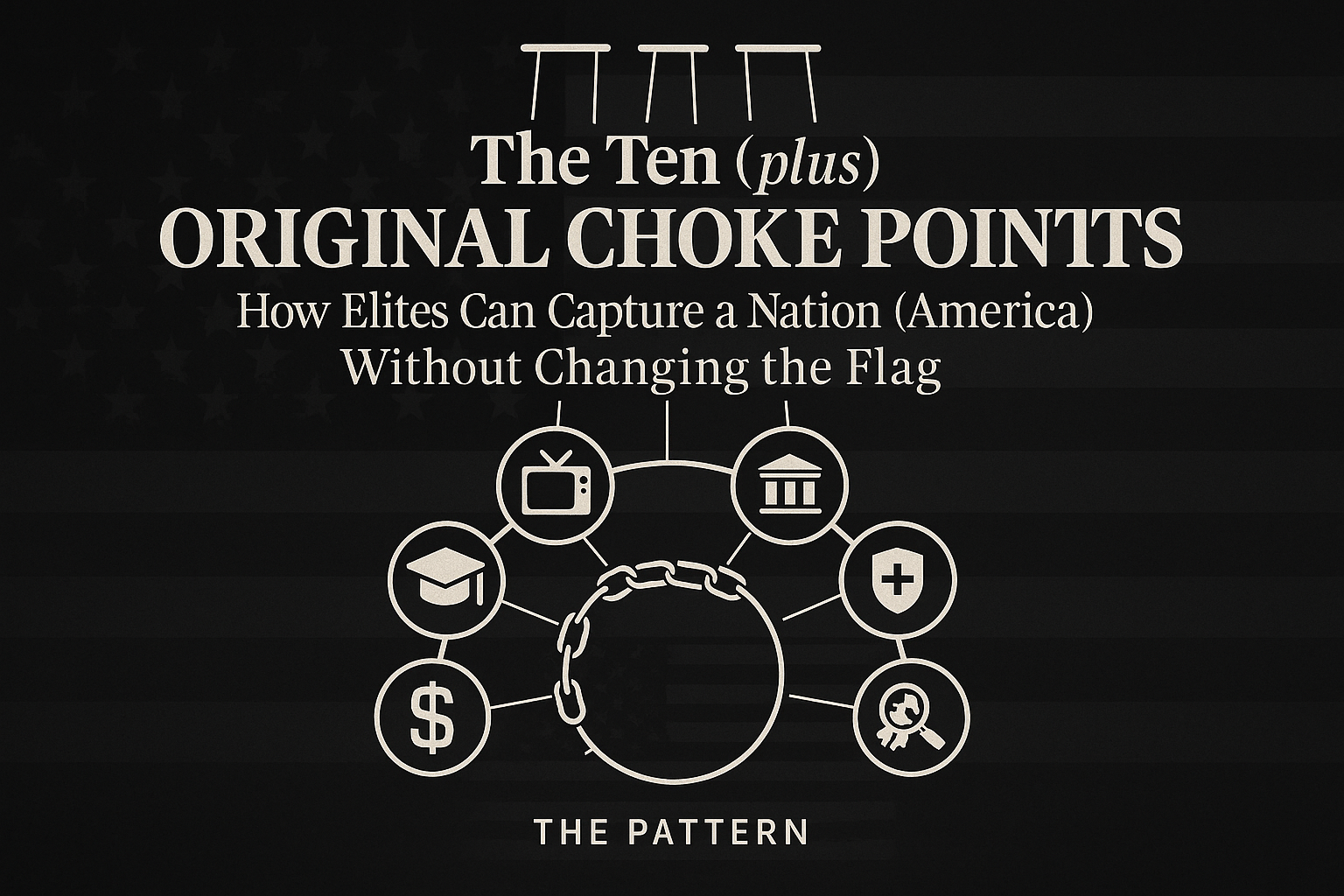Introduction: The Endless Blame Game
America’s public square today too often resembles a toxic divorce—two “teams” locked in endless cycles of blame, accusation, and self-righteousness. Like feuding parents fighting through their children, each side points fingers, relives old grievances, and catalogs the other’s sins. “You started it!” “No, you did!” It’s loud, exhausting, and ultimately, everyone loses—especially those caught in the middle.
This is the “Team vs. Team Trap.” It’s a cycle of projection, defensiveness, and blindness to our own contributions to the problem. If you care about your country, your community, or just your peace of mind, it’s time to break free.
The Parent Analogy: Why Grown-Ups Don’t Take Sides
Imagine two kids fighting in the back seat. Each is sure they’re right and the other is wrong. A wise parent doesn’t pick a favorite or take sides in the argument. Instead, they help both children zoom out—to see the situation from above, to understand each other’s feelings, and most importantly, to take responsibility for their own choices.
That’s the task of every citizen, leader, and influencer today. America doesn’t need more cheerleaders for “Team Red” or “Team Blue.” It needs more grown-ups willing to zoom out, challenge their own blind spots, and model personal growth. Only then can we stop fighting in the back seat and start driving the car together.
The Blind Spots of Team Thinking
Team politics thrives on division and distraction:
- Projection: We blame the “other side” for all that’s wrong, blind to our own flaws.
- Victimhood: We see ourselves as perpetual victims, justifying any behavior as “defense.”
- Confirmation Bias: We ignore information that challenges our beliefs, seeking only what reinforces our side.
- Normalcy Bias: “We’re normal; they’re the cult.” But every team has its radicals and blind spots.
Just like quarreling siblings, we forget that we share the same house—and the same future.
What’s Really in Our Control? The Circles Model
When division dominates, it’s tempting to focus on things we can’t control: how others vote, what’s on the news, the latest outrage, or what the “other team” says. This keeps us reactive, frustrated, and powerless.
Instead, look at what’s actually in your control:
- Your attitude and integrity
- How you speak to others (especially those who disagree)
- The boundaries you set around toxic debate
- Your willingness to question your own fallacies and biases
- Whether you model the change you wish to see
- What you give your time and energy to
- How you respond, not just react
In your Circle of Influence are the people and conversations closest to you—family, friends, community. You can’t force anyone to change, but you can influence through example, calm, honest dialogue, and refusing to participate in hate or mockery.
Everything else—national news, viral scandals, the outcome of elections, how others behave—lies outside your direct control.
The Producer Mindset vs. The Victim Mindset
When we focus on what we control, we become producers—people who create, lead, and inspire. We gain confidence, clarity, and moral strength. When we focus on what we can’t control, we slip into victimhood—reacting, blaming, and feeding the cycle of outrage.
Mahatma Gandhi said, “Be the change you wish to see in the world.” This isn’t naïve optimism; it’s practical wisdom. The only world you truly control is yourself. If enough people take responsibility for their own attitudes, words, and growth, society transforms from the inside out.
How to Escape the Trap: A Practical Guide
- Zoom Out:
When you feel triggered by “the other side,” pause. Imagine you’re a parent in the room, not a child in the fight. What’s the bigger picture? What are you doing to help or hurt? - Seek to Understand:
Before arguing, ask honest questions. Why does the other person believe what they believe? What’s their story or pain? - Own Your Biases:
Everyone has blind spots. The more you notice and question yours, the less likely you are to fall for propaganda or manipulation. - Model What You Value:
Speak with respect, even when others don’t. Set boundaries with those who want to fight, not solve. - Invest in Your Circle:
Pour your best energy into your family, close friends, and community—not the endless outrage machine of national politics. - Refuse Victimhood:
You can’t control the world, but you can control your response. When you do, you become an agent of change.
A Final Word: America Needs More Grown-Ups
America doesn’t need more team captains. It needs more people willing to grow up—who will zoom out, listen deeply, model virtue, and work on themselves first. That’s how families heal, communities strengthen, and a nation moves forward.
So next time you’re tempted to blame “the other team,” remember: you can’t change the whole world, but you can change the only world that really matters—your own.
“When I change myself, I change the only world I truly control. Real influence begins here.”
Share this message whenever the team trap rears its head. Let’s start raising the level of conversation—and become the grown-ups America needs.







